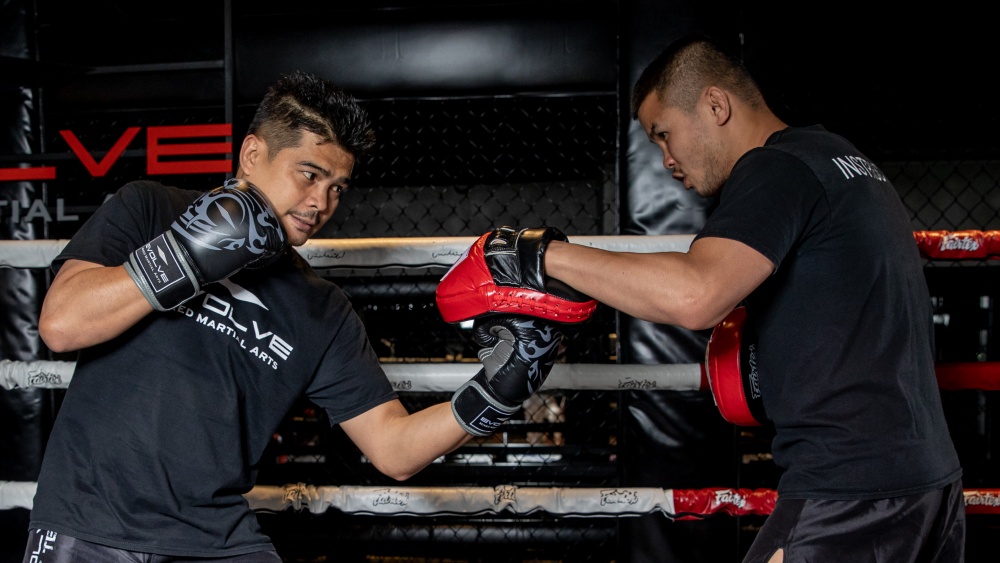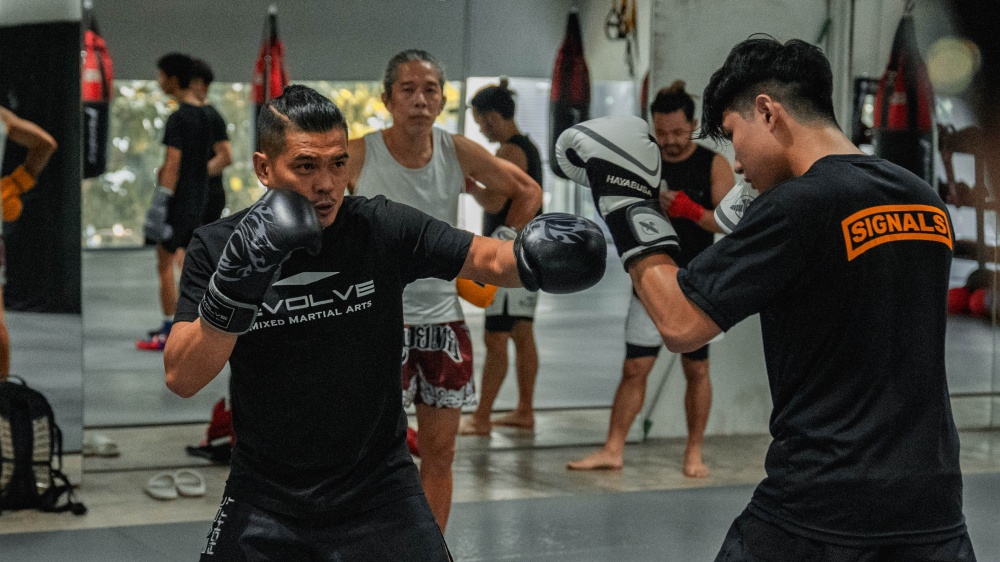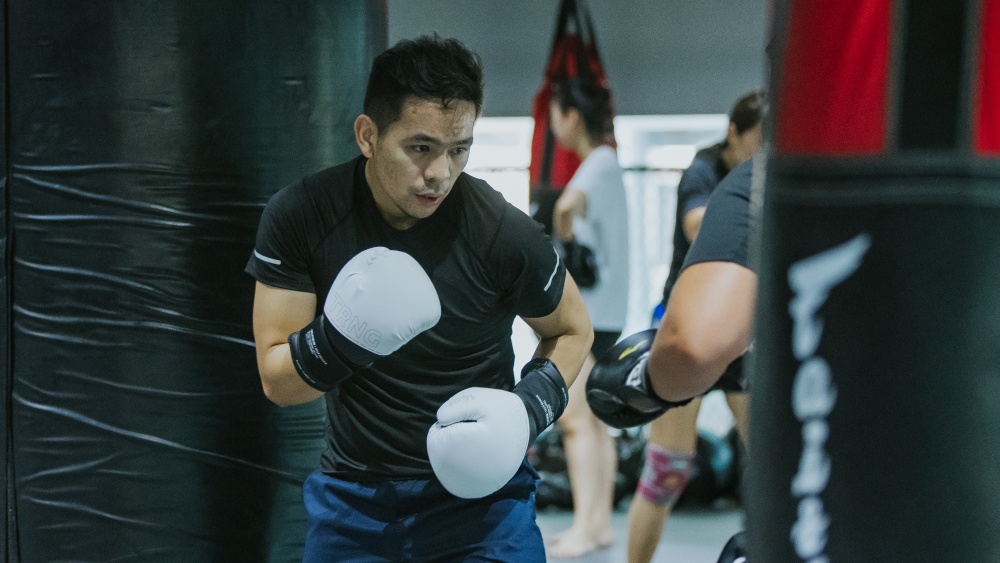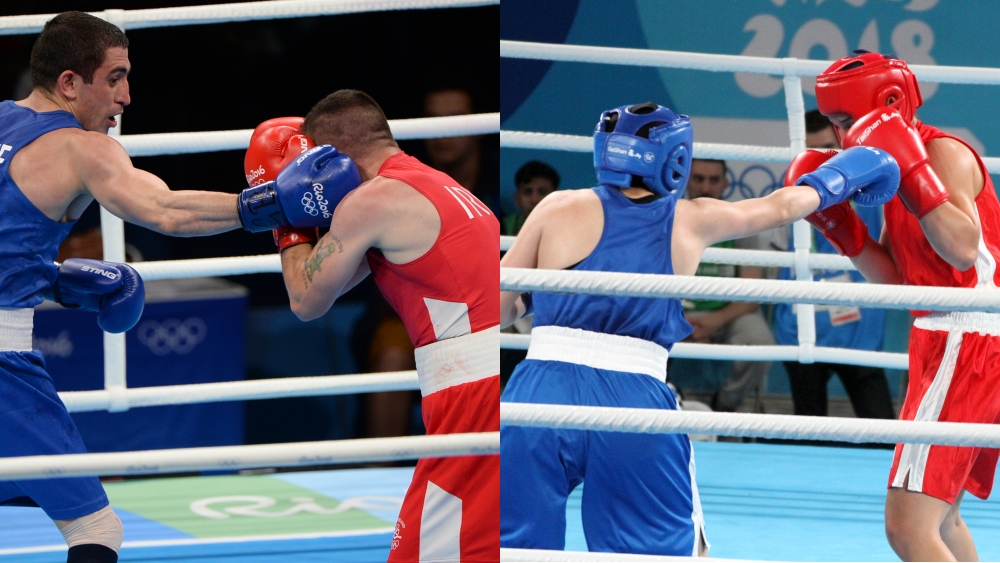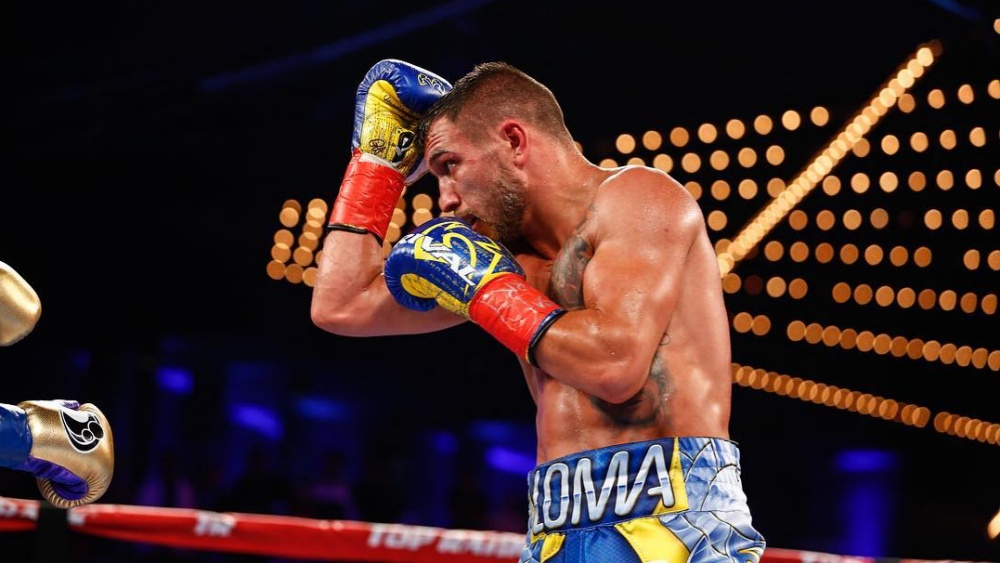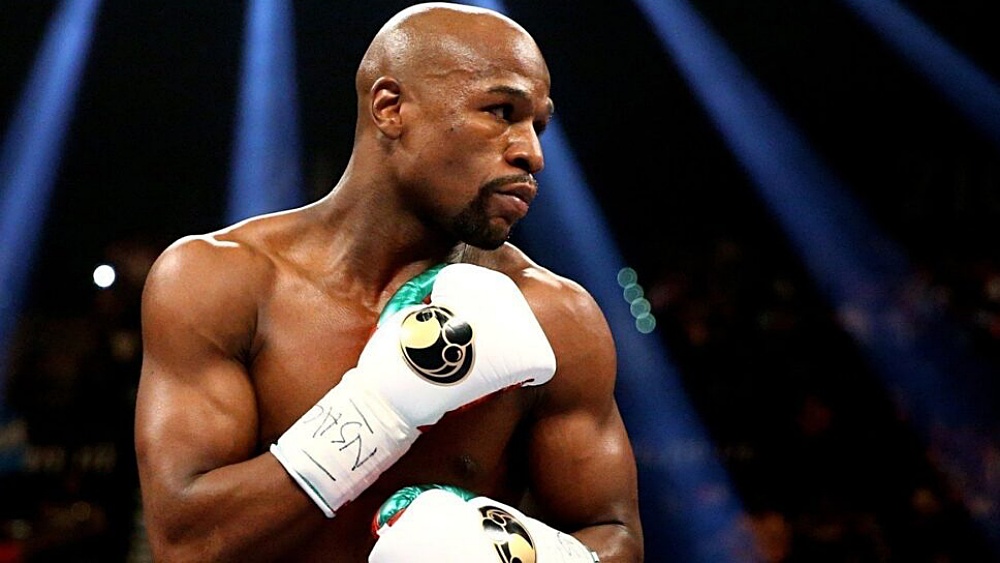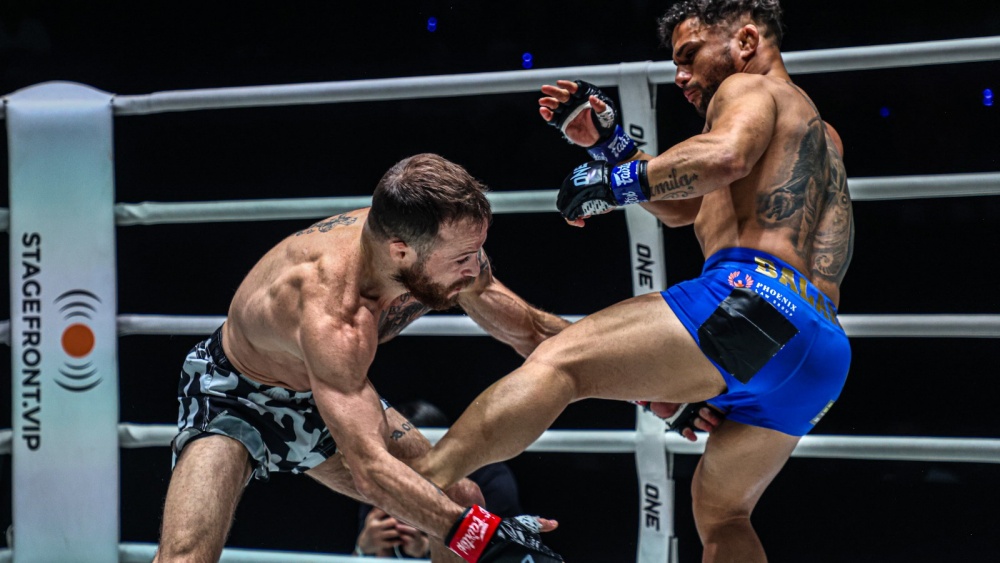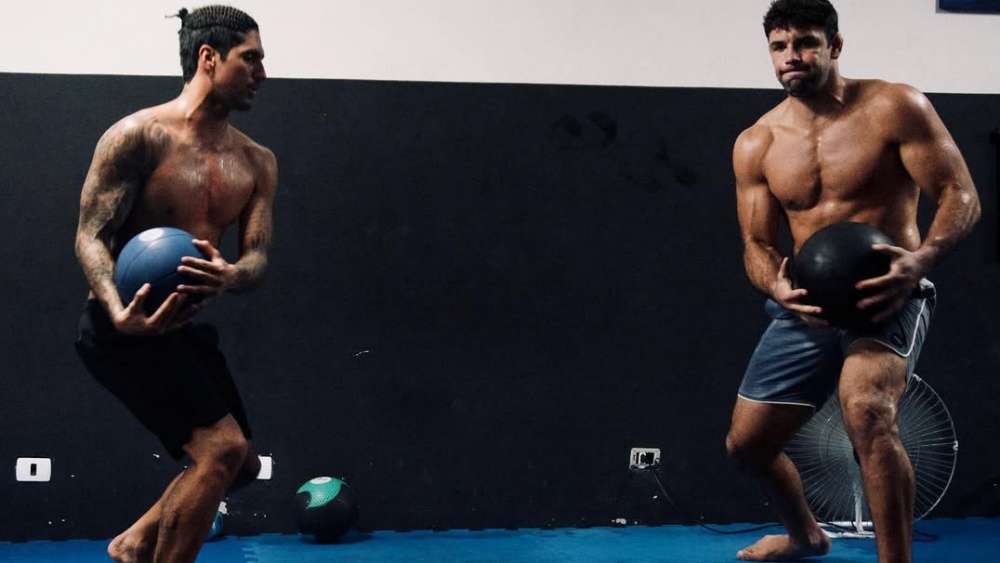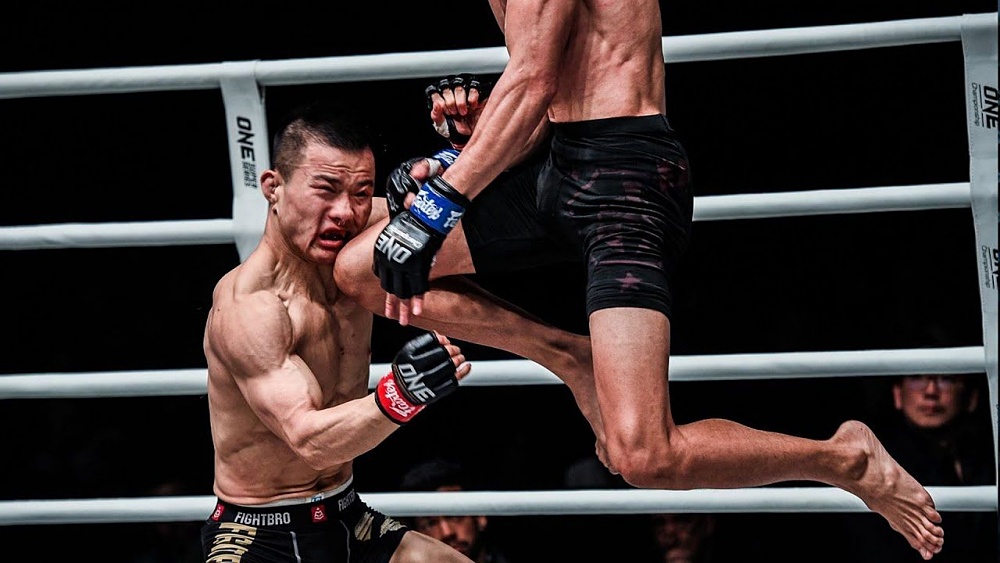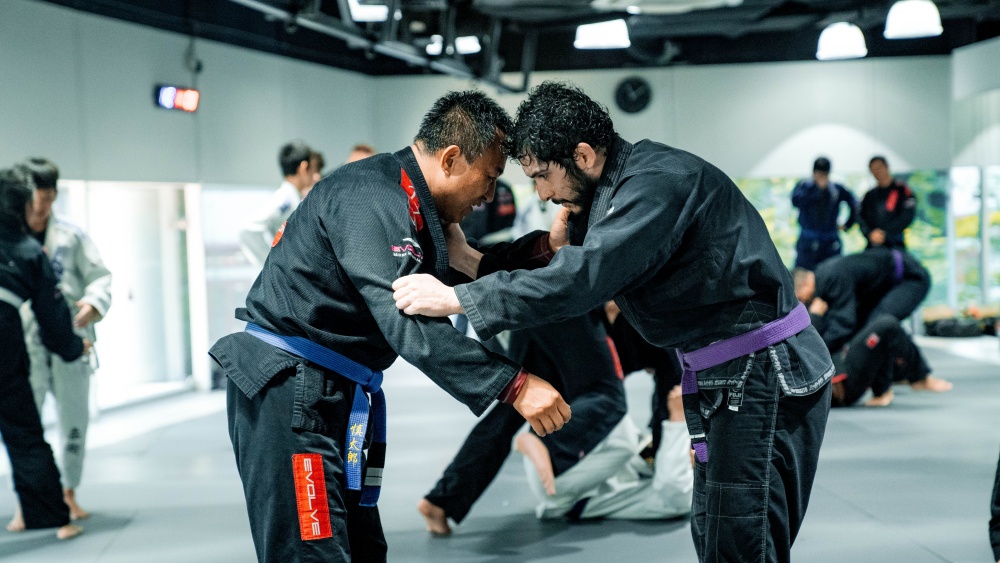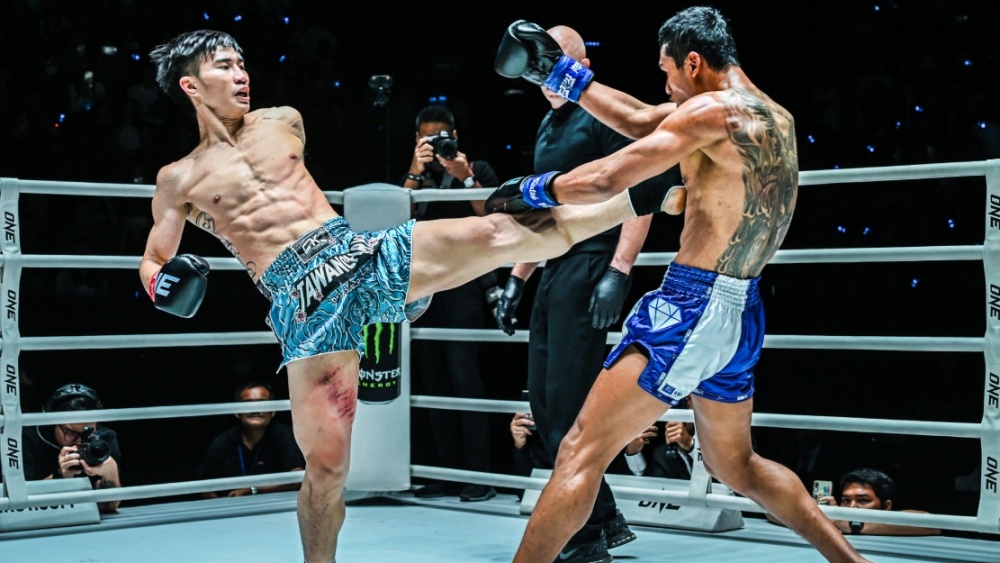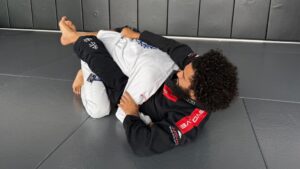Boxing trainers, fighters, and fans have argued about which attribute is most important for ages, and the conversation will never end. Both are essential attributes all boxers should constantly be working on. Speed allows you to beat your opponent to the punch, while power can turn their lights out.
Speed Vs. Power: Which Holds The Advantage?
Interestingly enough, many boxers and trainers tend to favor speed over power. It’s a good argument since there’s nothing more frustrating than fighting someone significantly quicker than you are. Their punches always seem to find their target before yours do, and they’re out of range before you can put anything together.
The best boxer of our generation, Floyd Mayweather (50-0-0, 27 KOs), is known for his ultra-fast hands and movement, and that certainly had a lot to do with his success inside the ring.
But, what would speed be without power?
While Mayweather wasn’t known for his power during the latter half of his career, he is a powerful puncher. He did knock out 27 of his opponents, with most of his knockouts occurring during the first half of his career. A series of hand injuries forced him to be more defensive, but the power never went away.
Many would argue that Mayweather’s underrated punching power was just as crucial as his speed. The hard right hands he consistently landed often prevented opponents from crowding him, allowing him to execute his speed-dependent point-fighting gameplan.
The Importance Of Speed In Boxing
Speed in boxing typically refers to the time it takes your strikes to travel from your fighting stance to its target. It can also mean how fast a fighter moves around the ring or reacts to their opponent’s attacks.
The power of a punch isn’t solely dependent on a fighter’s strength and ability to generate extra power with their body. The fighter’s hand speed also plays a role. Remember Newton’s second law of motion? Force equals mass times acceleration, so the faster a punch travels, the more force it lands with.
Some of the other benefits of speed in boxing include:
- Higher Odds Of Surprising Your Opponent: The punch you don’t see coming is the one that typically hurts you the most. Throwing fast strikes also makes it more difficult for your opponent to evade or block your attacks since they have less time to react.
- Increases Your Output: Boxers usually throw combinations when they fight, so the faster you are, the more punches you get to land. That helps to win rounds on the judges’ scorecards.
- Stifles Counters: Fast punches leave your opponent with little time to react to your attacks. Throwing a barrage of fast punches typically forces opponents to shell up or step back to avoid damage until your salvo comes to an end.
- Improved Defense: Speed also includes footwork and conditioning. Being able to swiftly change angles and directions opens up your offense, while fast defensive maneuvers like a slip make you a more elusive target.
The Importance Of Power In Boxing
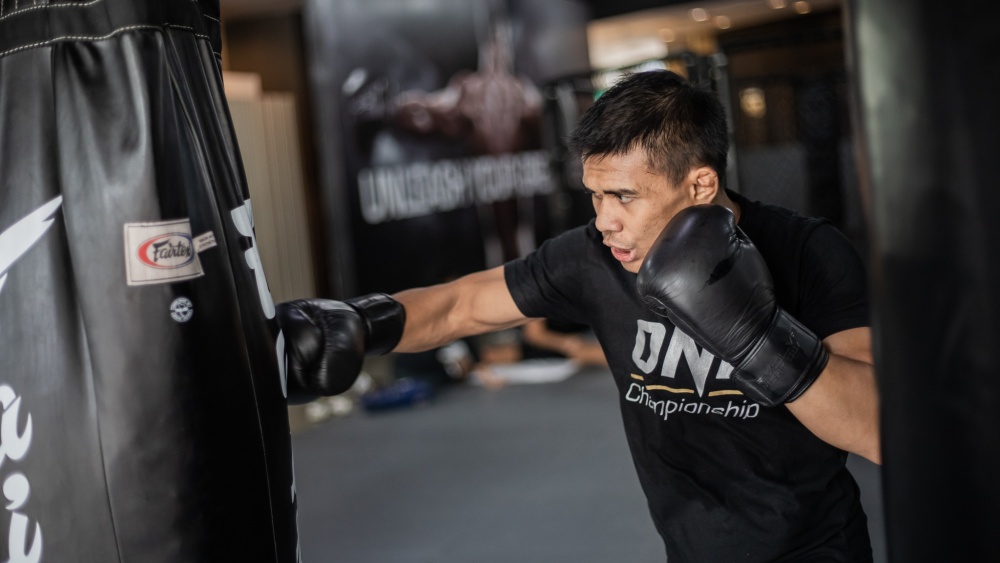
Power is the great equalizer in boxing. It can turn the outcome of a fight around in an instance. One minute you’re down a couple of rounds, and out of nowhere, you land a punch that knocks your opponent out.
Fans love power punches, and being a hard hitter earns you respect inside the ring. Heavy punchers typically get to control the pace of their fights since opponents are worried about running into one of their power shots.
Fighters who do not pack respectable power in their punches often find themselves being crowded during their fights because their opponents don’t respect the power coming their way. We’ve all seen fights where one boxer drops their guard and allows their opponent to hit them just to prove a point that their punches don’t phase them.
Have you ever seen someone do that against a hard hitter like Manny Pacquaio, Mike Tyson, or George Foreman? Exactly. Allowing power punches like them to get free shots on you would likely end with you staring at the ringside lights as your corner team and the ringside doctor hover over you.
Some of the other advantages of being heavy-handed include:
- You’re Never Out Of A Fight: You only need to land one punch to turn things around. That gives you a glimmer of hope when things are not going your way.
- You Get To Control The Action: Heavy-handed punches typically find themselves controlling the pace of the fight since most opponents use counter-striking strategies against them.
- Allows You To Get Away With Being Less Technical: Hard hitters often do well as professional boxers even when they’re lacking in the technique department. Names like Deontay Wilder and George Foreman come to mind.
- Wins Over Fans: Boxing isn’t just about winning fights; it’s also about putting people in seats. That’s what gets you the huge paydays. Nothing captivates a crowd like a knockout, and it brings a definitive end to the contest. Remember, judges don’t always get the scorecards right.
Speed And Power Is The Lethal Combination You Should Work On
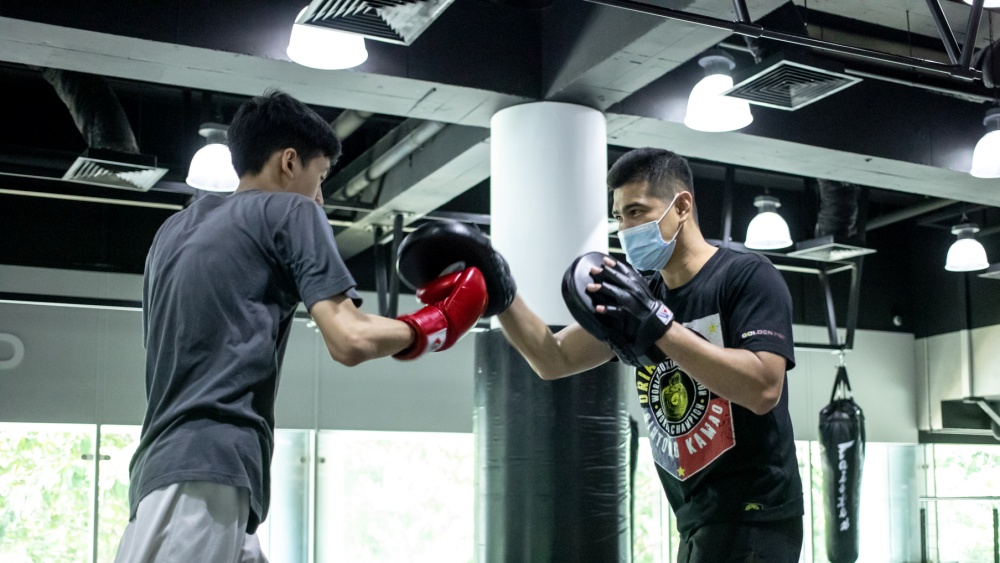
Speed kills, but speed combined with power makes you an unstoppable force inside the ring, especially if you have high-level boxing technique to go with it.
The best example of this is the one and only ‘Iron’ Mike Tyson. While most people think of Tyson as a power puncher, he was trained to be a speed boxer. His first trainer, Cus D’Amato, often told him, “speed kills; speed is what kills.”
Watch any of Tyson’s fights, and it’s obvious he heeded the advice. His speed inside the ring was unreal, from how fast and efficiently he slipped punches to the lighting speed his punches reached his opponents.
Mike’s speed, combined with his devastating punching power, led to the success he had in his earlier years. Just watch any vintage footage of Mike training, and you’ll be impressed with how fast his hands and body move.
Constantly work on improving your power and speed to be the best boxer you can be.
You may also like:
